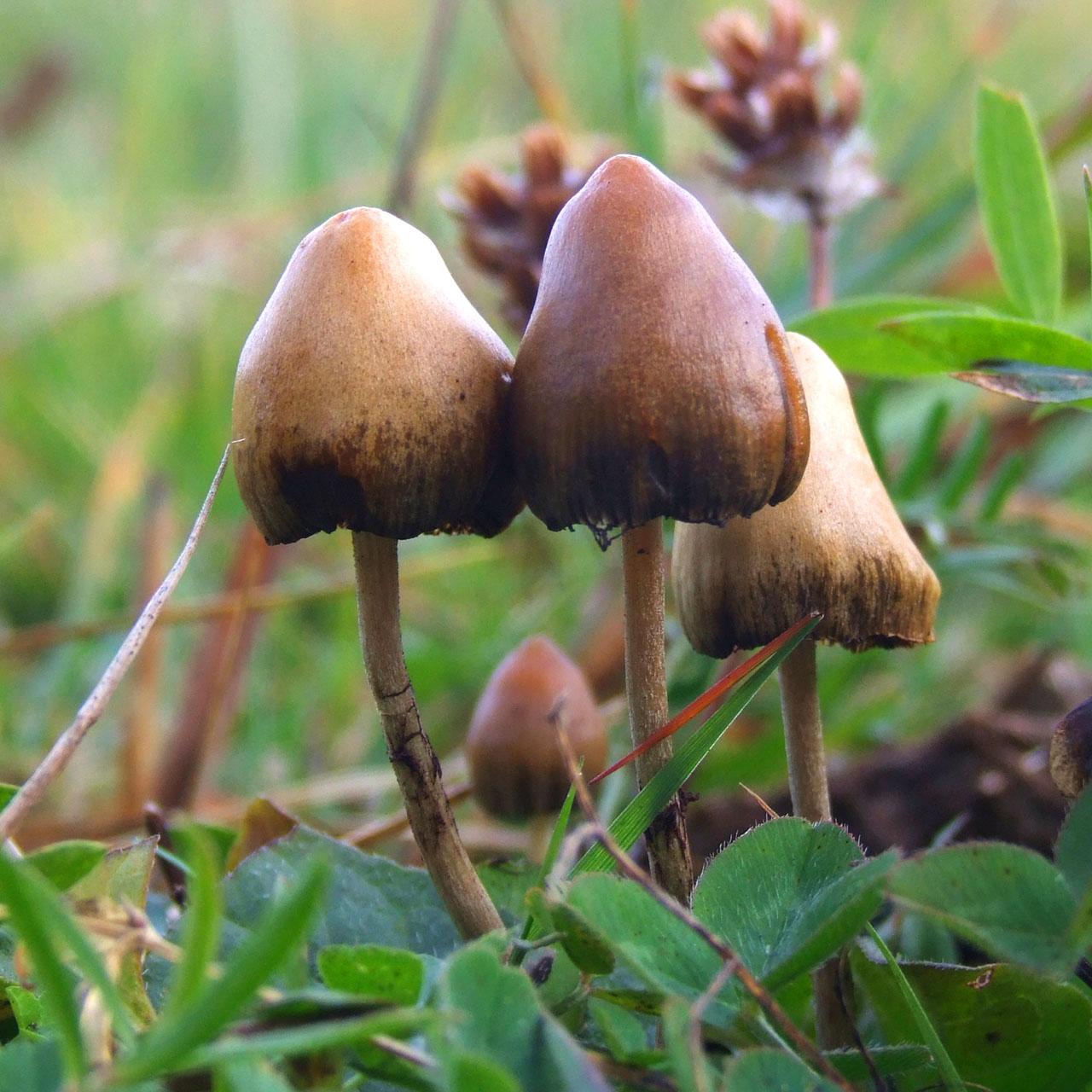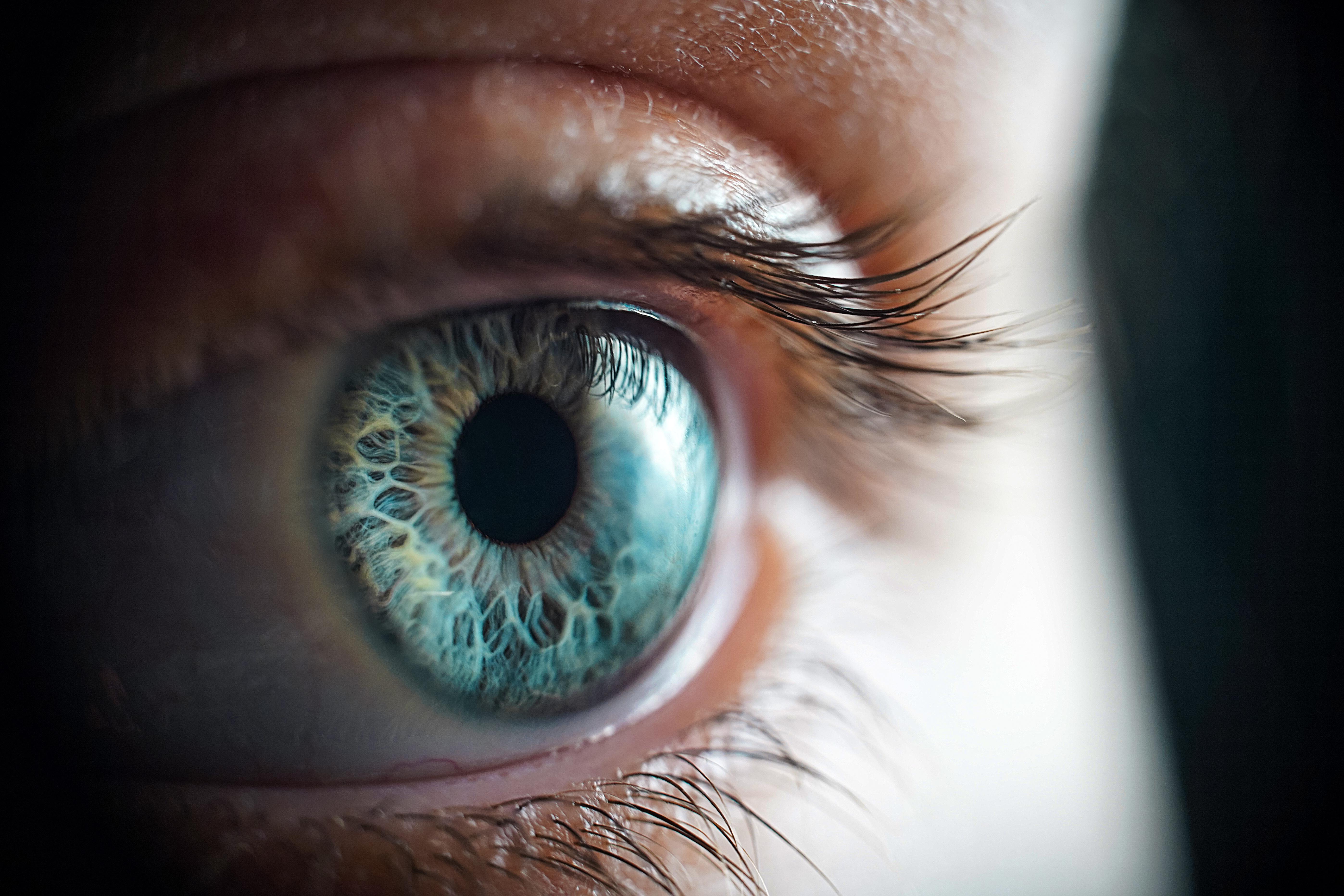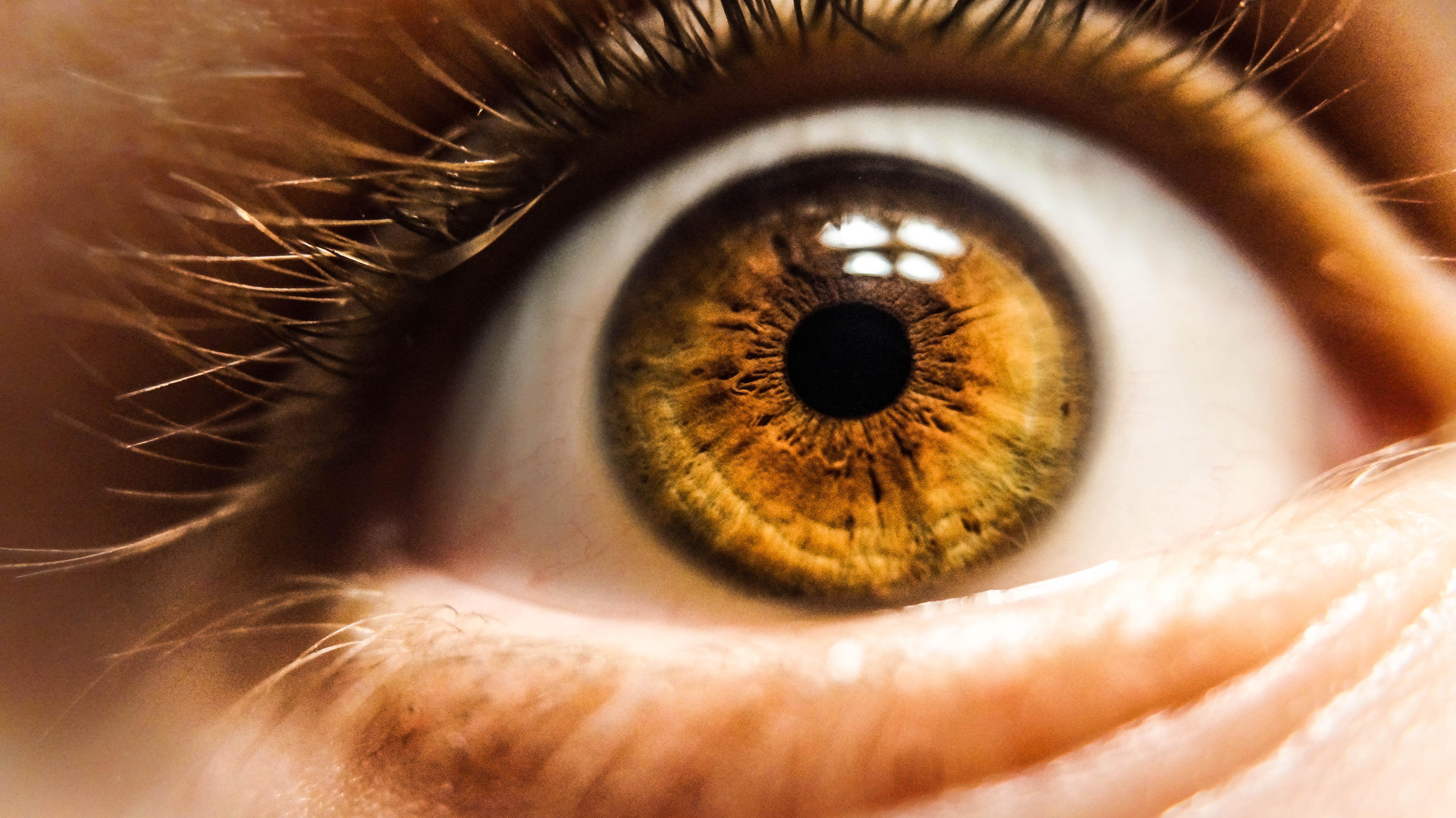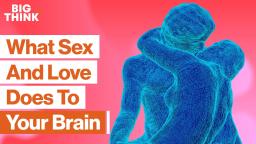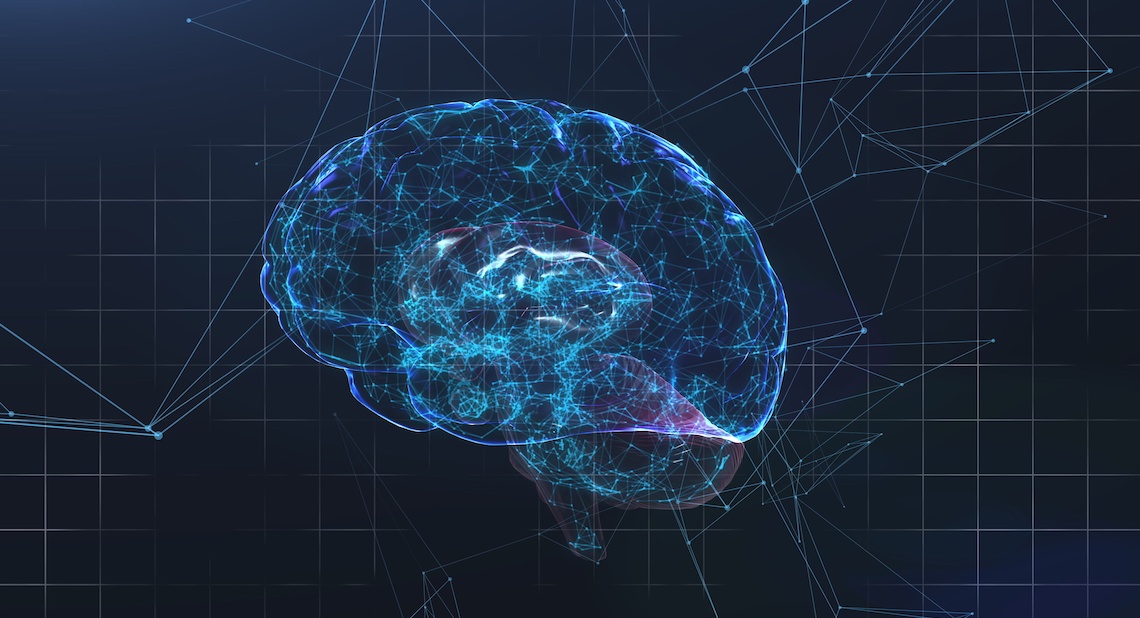brain
The opening of jars, while impressive and often used to illustrate octopus intelligence, is not their most remarkable ability.
Psychedelics have been shown to help reduce depression. This study may show us why.
Brain-based technologies of spiritual enhancement can induce mystical experiences in many people on demand. What does this mean for spirituality today?
What most people don’t realize is that everyone’s imagery is different.
Maybe eyes really are windows into the soul — or at least into the brain, as a new study finds.
The experience of life flashing before one’s eyes has been reported for well over a century, but where’s the science behind it?
The symbol for love is the heart, but the brain may be more accurate.
▸
14 min
—
with
An early feasibility study finds a potential new treatment for Alzheimer’s disease.
Science has not yet reached a consensus on the nature of consciousness.
Being an intellectual is not really how it is depicted in popular culture.
▸
5 min
—
with
Participants were asked to complete a simple attention task as well as a more challenging “placekeeping” task.
A lithium imbalance appears linked to suicide.
Scientists successfully trained people to use robotic extra thumbs, suggesting body augmentation could revolutionize future humans.
Can the main psychoactive ingredient of magic mushrooms help treat the world’s sixth most debilitating illness?
Dreams are weird. According to a new theory, that’s what makes them useful.
Political partisanship might be a treatable condition.
A new study used functional near-infrared spectroscopy (fNIRS) to measure brain activity as inexperienced and experienced soccer players took penalty kicks.
What’s the difference between brainwashing and rehabilitation?
A machine learning system lets visitors at a Kandinsky exhibition hear the artwork.
Dunbar’s number is a popular estimate for the maximum size of social groups. But new research suggests that it’s a fictitious number based on flimsy data and bad theory.
The author of ‘How We Read’ Now explains.
New research suggests that there is no “typical” form of Alzheimer’s disease, as the condition can manifest in at least four different ways.
A lab identifies which genes are linked to abnormal repetitive behaviors found in addiction and schizophrenia.
A recent study used fMRI to compare the brains of psychopathic criminals with a group of 100 well-functioning individuals, finding striking similarities.
Neuroplasticity is a major driver of learning and memory in humans.
How can researchers map something as complex as the human brain?
The most mental game in existence no longer requires fingers.
A recent study analyzed the skulls of early Homo species to learn more about the evolution of primate brains.
A new study looks at how images of coffee’s origins affect the perception of its premiumness and quality.

